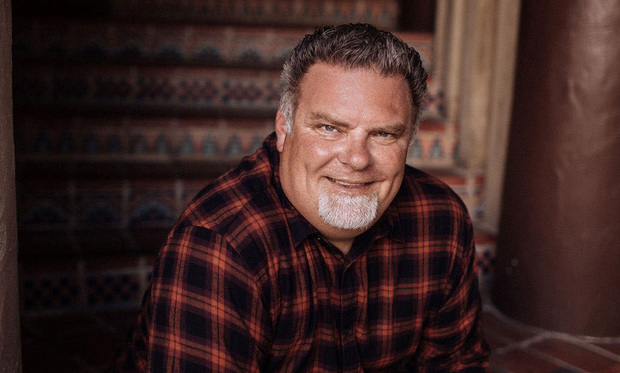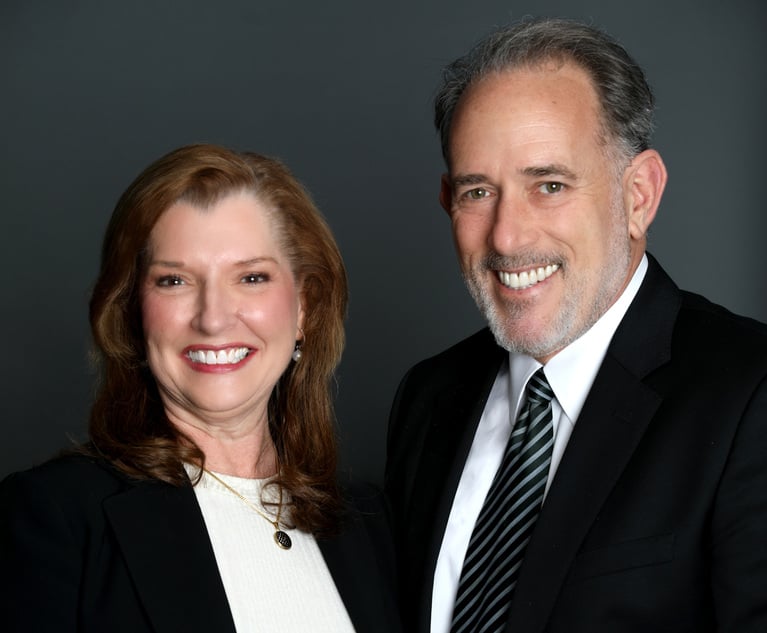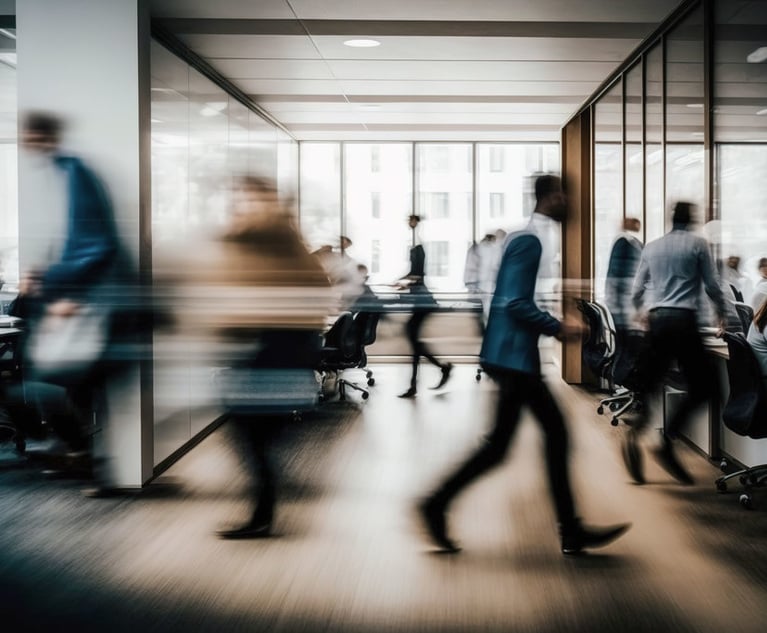If the coronavirus pandemic was a hurricane, only now would the winds have begun to blow.
As a California divorce lawyer for 12 years, and before that a Professor of Disaster Management at Louisiana State University at the Stephenson Disaster Management Institute, I can warn you that there are two truths in any disaster: 1) the disaster is what happens after the winds stop blowing or the earth stops quaking, and 2) the thing that causes the biggest problems is never what you expect or what you plan for.
We are in the middle of a slow-moving disaster of perhaps the most epic proportions we have witnessed in modern times. In California, we have no available courts and access to judges is limited to the most extreme emergencies (e.g., I have a client whose child is in a medically induced coma unrelated to COVID-19 who needs special attention or he will die). In the midst of this, we are called to do what Buddhists say in a different context, “chop wood, carry water.” The pressure cooker of quarantine is, in many ways, a divorce lawyer’s garden—spouses cooped up, money running tight, the kids home from school all day, nowhere to go. It recalls Sartre’s No Exit in which one of the characters, cooped up in a hotel room for eternity with two others, remarks: “Hell is other people.” But, surprisingly to some readers, most divorce lawyers I know view it differently. They are concerned about increasing incidents of domestic violence, child and spousal support payments with skyrocketing unemployment, dealing with school and court closures, and juggling child custody agreements in an age of quarantine.
As of today, the American Academy of Matrimonial Lawyers has issued guidance for parents, stating that, among other things, they should “[b]e compliant with court orders and custody agreements.” Orange and Napa Counties issued administrative orders warning: “COVID-19 is not a reason to deny parenting time …. parents are considered fit to care for their children …while the children are in their care.” Judges in my jurisdiction have made it clear that they expect parents to follow custody orders and not use the current crisis to take advantage of a situation. One judge cautioned in a memo to the bar that judges would issue sanctions to parties who try to “game the system” and take advantage of the pandemic to limit the other parent’s custodial time.
This is wrong. Here are some issues to think about regarding co-parenting in quarantine:
Supervised Visitation: Any visitation that involves a third party whose whereabouts neither parent has direct knowledge of, should be discontinued and moved to the least physical contact possible, in this case video calling or telephone.
Health care and essential workers: California has many types of “essential” workers besides health care and law enforcement workers, such as construction workers, farm workers, and Costco workers. As the crisis deepens in the coming months, some people will get sick. This will likely create overtime opportunities (or requirements). These people should not be penalized by having the “status quo” change or by having to pay more child support because they are supporting the response effort to the crisis. That protection should include jobs that one may not think of as “essential”; in an emergency or when in doubt, trust expert definitions for custody issues and concerns, but be good to other parents who are working overtime, and permit or even facilitate calls.
Ill or illness-exposed parents: A good rule of thumb is to take care of your children first and foremost, no matter how much you do not get along with the other parent. If you know you have been exposed to illness or if you are feeling symptoms of being sick, it should be self-evident that you should not see your children in person. Use video calling or telephone contact.
Taking care of family members: Again, as the crisis deepens, parents who take care of ill family members should not be punished for caring for those family members (writ large, including friends who are extended “family members”). We must recognize that we are in this together for our children. Facilitate video calling. I am a pro-timeshare divorce lawyer, as most of my colleagues have become. But I believe that we should be very aware of the risks inherent with exposure to our children and ourselves. My daughter’s mother and I share 50-50 custody; my daughter’s mother is severely immunocompromised. I would like my daughter with me all the time, but I am willing if it will keep her mother safe, to have her go with her mom 100% of the time during this crisis. We should all be thinking like that.
I mention at the beginning that, if this crisis was a hurricane, the wind would only just be beginning to blow because I want to highlight that we are in the middle of an emergency. Most emergencies develop quickly and pass—an earthquake may last for a few minutes with some aftershocks over a few days; a hurricane charges in and out over the course of a few hours; wildfires and floods are flash events that happen quickly. The aftermath takes time for recovery and may impose all types of misery—lack of power or other services, availability of needed items (food, water, shelter), dangerous conditions, etc. In any of these situations, it is difficult to imagine anyone pressing for their custodial timeshare. If a tornado just ripped through dad’s neighborhood demolishing his home, we do not expect him to be demanding his Tuesday night visit with his children. Our current situation is no different. Everyone respects or should respect that a crisis is upon us. We should not treat this current crisis any differently because it develops more slowly. The wind is blowing but it has not even begun to howl. The act of passing children back and forth between parents and households is exactly counter to the guidance given to us about social distancing and avoiding transmitting the virus to unknown people.
If both parents and anyone with whom they are living, have committed 100% to self-quarantine and have limited their contact with third parties or places where third parties can transmit the virus—including on playground equipment, in grocery stores, not to mention obvious places like church, gyms, or the Elks club (which was having a BBQ today in my neighborhood)—then sharing the child back and forth is reasonable and called for. But if either parent is not doing so, they should admit it and protect their children (and their children’s other parent) by not seeing the child until enough time has passed (10 days to be safe, but maybe longer) from the time when exposure was possible. My daughter said to me recently, “I wouldn’t want to get it and bring it home and kill mom.” I cannot imagine any child, much less my own daughter, saying those words. It inspired me to ask my own county to endorse the following statement:
Parents acting in good faith regarding limiting their own court-ordered visitation time so they can work as essential workers or because of illness, whether their own or so that they can care for another family member, will not be subject to change of circumstance or status quo requests for orders after the crisis recedes.
In all likelihood, what we are experiencing will continue throughout the summer. We may be given more freedom, but we will certainly need to continue to take serious precautions. No matter how badly you get along with your ex, there is no doubt you share the same fundamental desire to protect your children from this deadly virus at all costs. If the COVID-19 pandemic is short-lived, then practicing a little social distancing with your children toward those you might have been exposed to the virus was worth it and not all that prejudicial to their or your lives. You will see those people again, and in the meantime, you can talk to them on the phone, play computer games with them, or even do schoolwork, or play music. If the COVID-19 pandemic goes on for months of quarantine or near-quarantine conditions, and if you have been or may have been exposed to the virus, 10-14 days of self-quarantine to protect your children while you self-quarantine will be a drop in the bucket compared to the years ahead you will spend together. In either event, you will never know if you saved their lives, so you might as well treat yourself like a hero for having done so.
M. Jude Egan is a certified Family Law Specialist in California and certified by the State Bar of California, Board of Legal Specialization. He has published internationally in peer reviewed legal, trade and academic journals. He has taught disaster law, business law and federal and state entitlements at the Louisiana State University, E.J. Ourso College of Business. His website is JudeEgan.com
NOT FOR REPRINT
© 2024 ALM Global, LLC, All Rights Reserved. Request academic re-use from www.copyright.com. All other uses, submit a request to [email protected]. For more information visit Asset & Logo Licensing.


 M. Jude Egan.
M. Jude Egan.




